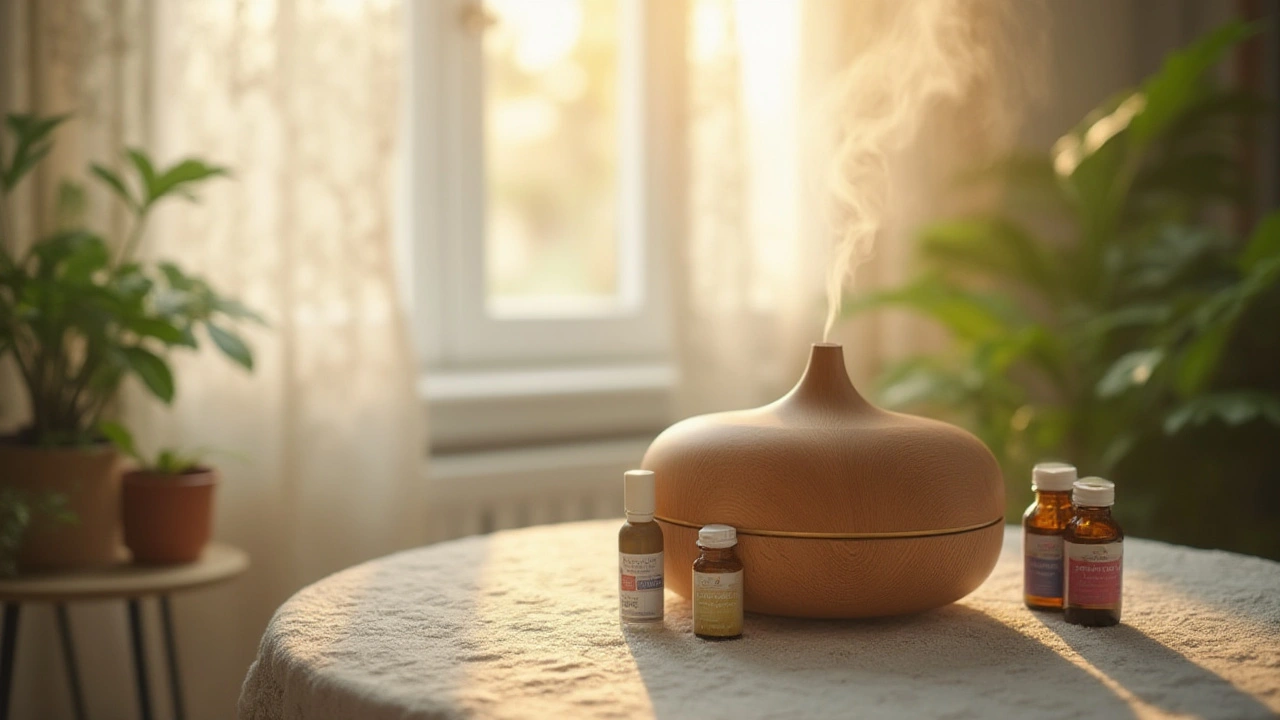Respiratory Health: Practical Tips to Protect Your Lungs
Feeling short of breath or coughing more than usual? Your respiratory system affects energy, sleep, and how well you handle illness. This page gives clear, useful steps you can use today to protect lung function, reduce flare-ups, and breathe easier without medical jargon.
Daily habits that help
Quit smoking and avoid secondhand smoke. Smoking is the top cause of long-term lung damage. If quitting feels impossible, try small steps: set a quit date, use support apps, nicotine replacement, or ask a clinician for help.
Control indoor air. Open windows when outdoor air is clean, use a HEPA filter if you have allergies or live in a polluted area, and aim for indoor humidity around 40–60% to reduce irritants and mold. Avoid strong chemical cleaners or sprays; pick unscented, low-VOC products.
Move daily. Moderate exercise improves lung capacity and clears mucus. Walk, cycle, or do brisk housework for 20–30 minutes most days. If you have asthma or COPD, follow your action plan and warm up slowly.
Use simple breathing exercises. Diaphragmatic breathing: sit comfortably, place a hand on your belly, inhale quietly through your nose for 4 counts so your belly rises, then exhale through slightly pursed lips for 6 counts. Do 5–10 minutes once or twice daily. Pursed-lip breathing helps with shortness of breath: inhale 2 counts, exhale 4 counts. These techniques lower breathlessness and calm you fast.
Stay hydrated and eat whole foods. Mucus thins with good hydration, so drink water throughout the day. Foods rich in antioxidants—berries, leafy greens, nuts—support overall lung health. Avoid heavy meals right before bed if reflux makes cough worse.
Preventing infections and knowing when to act
Get vaccinated. Annual flu shots and recommended COVID vaccines reduce the chance of serious lung infections. If you have chronic lung disease, ask your doctor about pneumonia and booster shots.
Practice common-sense hygiene: wash hands, avoid close contact with sick people, and wear a mask in crowded or smoky environments. If allergies trigger symptoms, keep windows closed during high pollen times and use an air filter or dehumidifier.
Watch for red flags: sudden severe shortness of breath, chest pain, high fever, coughing up blood, or blue lips require immediate medical attention. For persistent coughs lasting more than three weeks, wheezing, or gradually worsening breathlessness, book an appointment. Early treatment for asthma, COPD, or infections prevents bigger problems.
Small, consistent changes protect your lungs: manage air quality, keep active, practice breathing skills, and get the right vaccines. If you’re unsure what’s normal for your breathing, talk to your healthcare provider—getting the right plan early makes daily life easier and safer.

Aromatherapy for Respiratory Health: Essential Oils for Easy Breathing
Explore how aromatherapy and essential oils can support your respiratory health, ease breathing, and add comfort to your daily life. Discover science-backed tips.
Read More